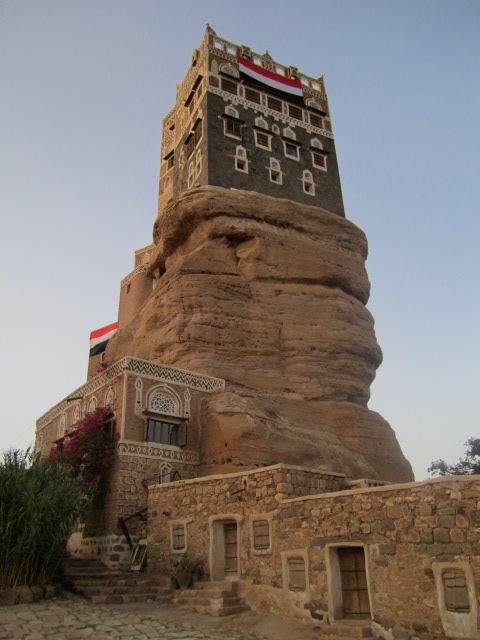This talk considers how pre-modern states in Yemen dealt with the geographical, religious, and tribal divisions that are nowadays seen as obstacles to successful state building. We will discuss (1) how competition states in Lower Yemen aided the development of the classical Zaydi imamate (1200-1500) and what allowed the Sharaf al-Din dynasty to unify Yemen in the early sixteenth century; (2) how the period of Ottoman rule (1535-1638) reconfigured the political landscape of Yemen and created a new regional socio-political balance that lasted until the nineteenth century; and (3) how Ottoamn innovation enabled the rise of a new Zaydi imamate, led by the Qasimid dynasty, in the early seventeenth century.
Ekaterina (Kate) is a Polonsky Fellow at the Van Leer Jerusalem Institute. She holds a BA (2012) and MA (2014) in Oriental Studies from Lomonosov Moscow State University in Russia, and a PhD in Near Eastern Studies from Princeton University (2021). Her research focuses on state-building and transformations of elites in the early modern Middle East, and the comparative study of pre-modern political systems. She is currently working on her first book, Between Sultans and Imams: State and Elite Transformation in Zaydi Yemen, 1200-1800.
Hosted jointly with the British-Yemeni Society and the MBI Al Jaber Foundation.


